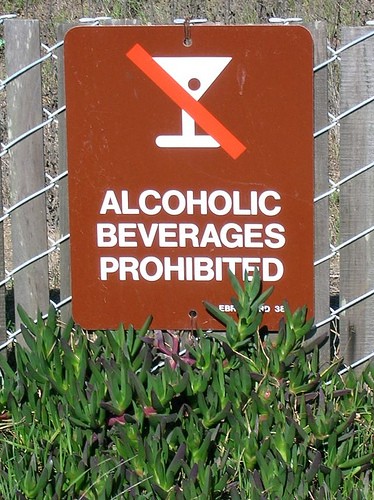Worldwide, Alcohol Leads to Early Death for 1 in 25. In Europe, It’s 1 in 15
Alcohol’s influence on early death has grown since the year 2000, attributable largely to an increase in drinking by women, and overall increases in developing countries such as India and China.
Canadian researchers at the Centre for Addiction and Mental Health (CAMH) say that worldwide, alcohol is directly related to the premature deaths of 1 in 25 people, despite the fact that the majority of adults worldwide abstain from alcohol. This number has risen since 2000; a rise caused, say researchers, by an increase in heavy drinking by women and increases in some developing countries.
The majority of alcohol caused deaths were linked to cirrhosis, cancer, injury or cardiovascular disease.
In Europe, alcohol is related to 1 in 15 early deaths and across the former Soviet Union, alcohol causes the untimely death of 1 in 10.
Although alcohol related deaths are increasing, Dr. Jurgen Rehm of CAMH says that we have reason to be optimistic. He says that we know of many cost effective interventions that are proven to reduce the social harms of alcohol – and that it is simply up to policy makers to implement this research knowledge, into wider practice.
CAMH has been active in alcohol policy research. Some of the interventions CAMH recommends as effective include:
- Reducing the minimal allowable BAC for new drivers (In Canada CAMH endorsed policy that requires young and newer drivers to maintain a 0% BAC)
- Reducing the density of alcohol sale outlets
- Increasing the prices of alcohol
- Increasing the use of brief assessments done by doctors for alcohol use disorders
- Increasing the use of brief interventions by healthcare professionals
In Europe, the average adult consumes 13 units of alcohol per week (one unit is equivalent to a can of regular strength beer). The North American average is slightly lower, at 10 or 11 drinks per week. The global average is 7 drinks per week.
Dr Rehm compared the influence of alcohol on world health to the influence of smoking on world health during the year 2000. Today, developing countries, such as China and India, account for much of the growth of alcohol consumption.


